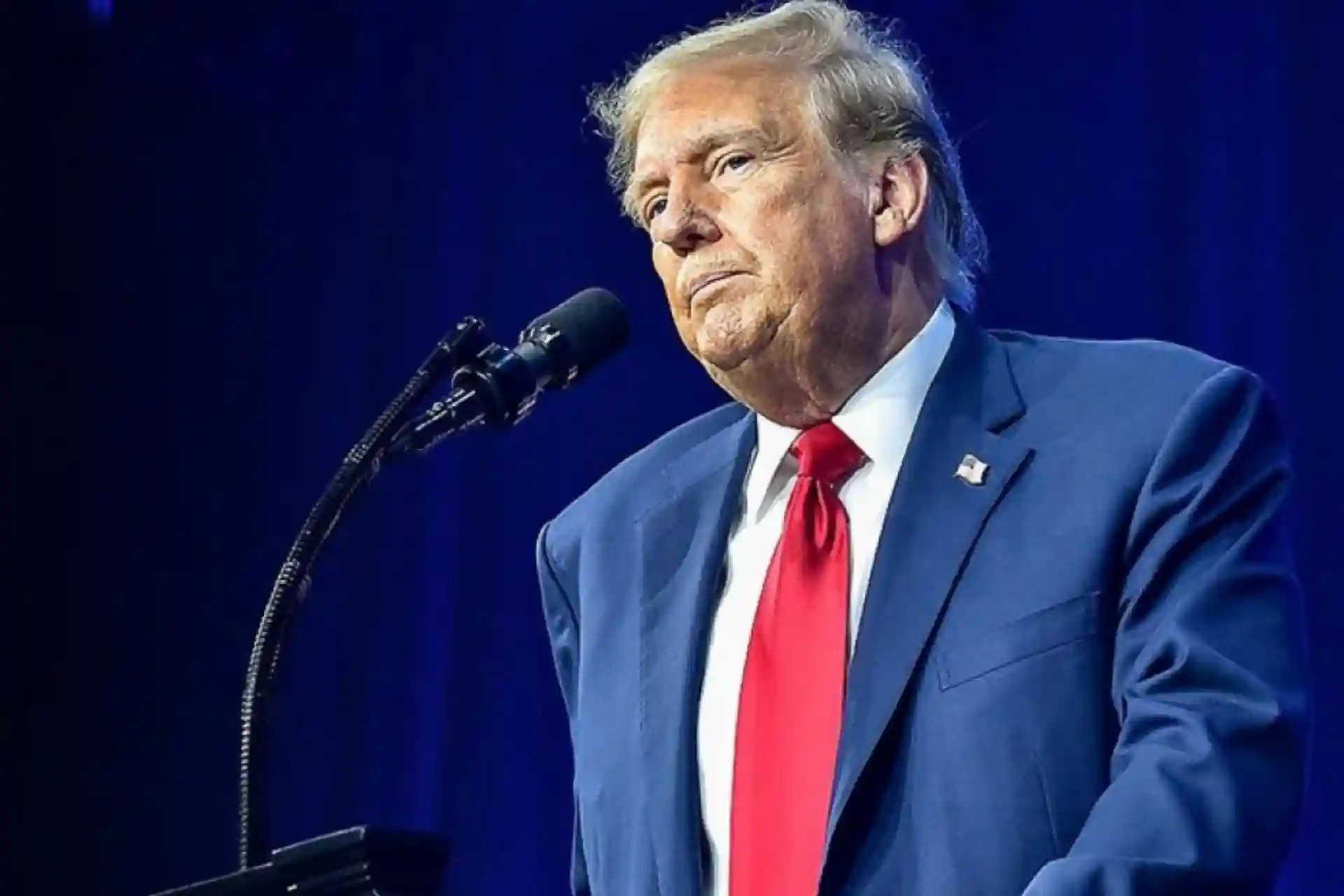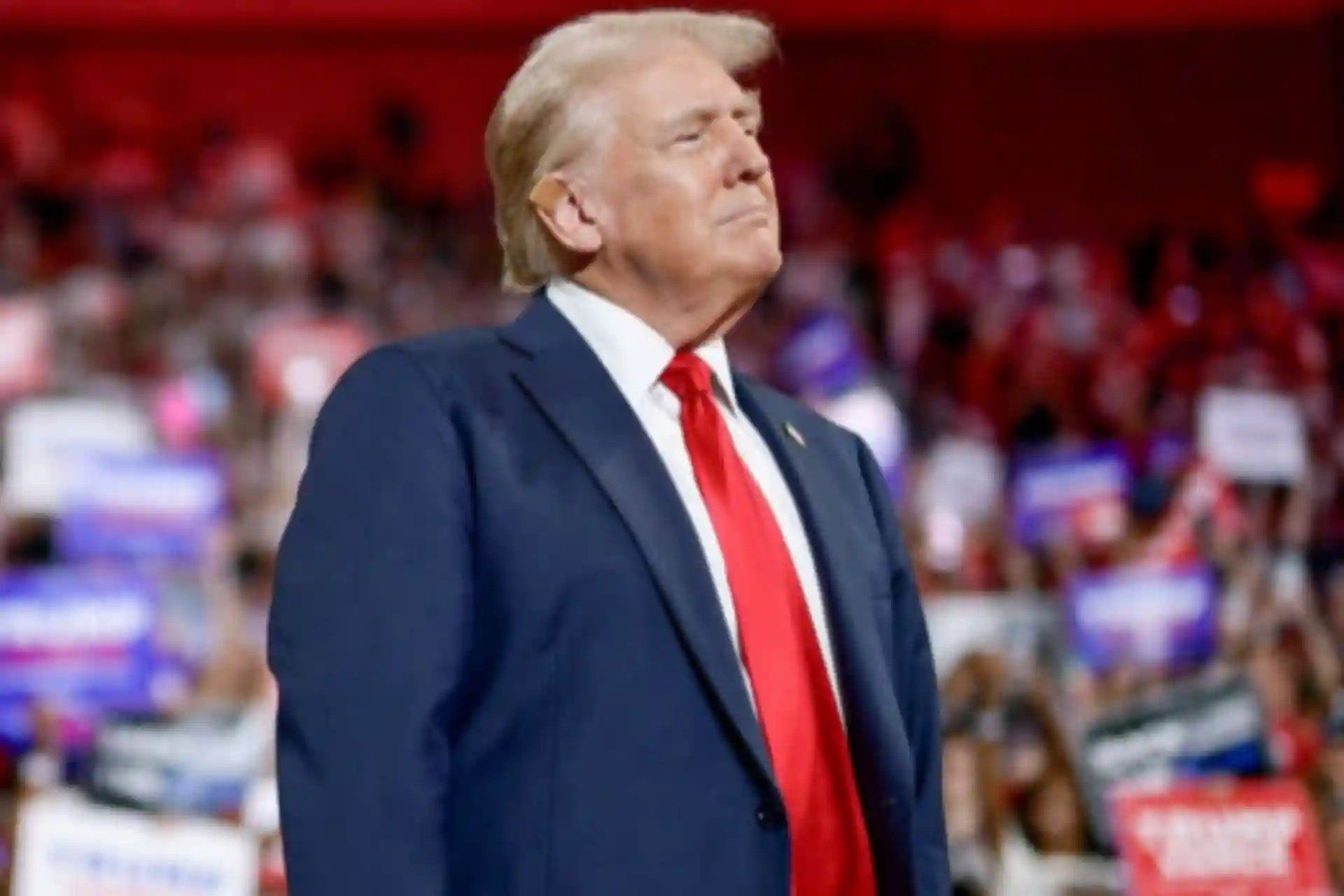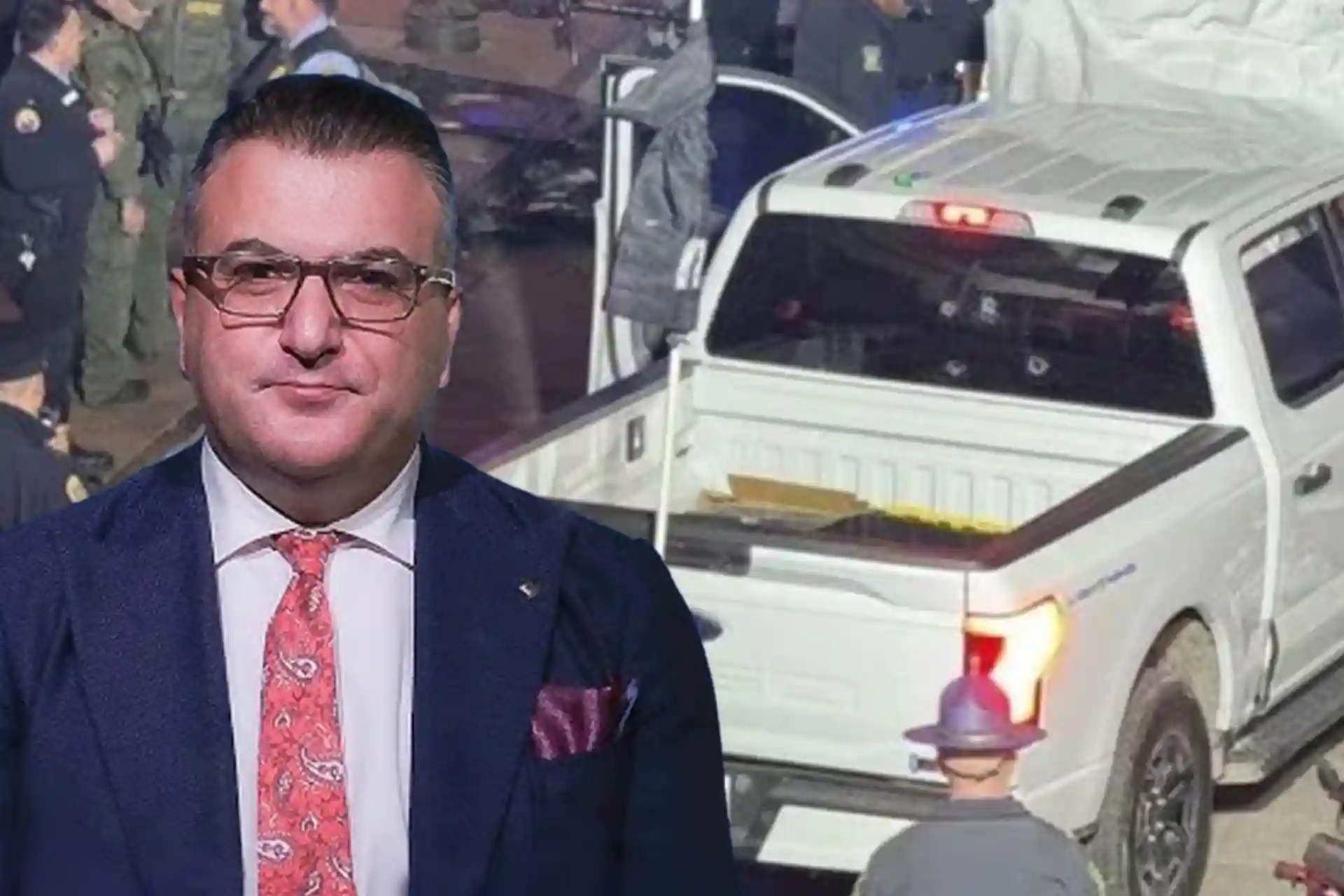Analysis: Will Trump withdraw from the Middle East in his second term?
US President-elect Donald Trump begins his second term on January 20. Given Trump's instability and the many unknowns that will shape the regional situation in the coming years, it is difficult to predict how the new administration will approach the Middle East. If we are to judge from Trump's first term, his foreign policy in his second term is likely to be confusing and chaotic.
Trump's Controversies
Trump announced the withdrawal of US troops from Syria three times during his first term, but never followed through on those promises. He also talked a lot about ending "endless wars" and blamed former President George W. Bush, his 2016 opponent Hillary Clinton, and others for them, but he did not end US military involvement in Afghanistan or Iraq during his first four years in the White House. After winning last year's presidential election, he chose neoconservatives, hard-liners, and pro-Israel figures like Marco Rubio, Elise Stefanik, and Pete Hegsez to serve in his second administration. Meanwhile, Vice President-elect J.D. Vance has said that "neoconservative foreign policy is strategically and morally stupid." Despite his 2018 debacle of the Joint Comprehensive Plan of Action (JCPOA), Trump last year expressed his willingness to negotiate a new deal with Tehran. He also linked dedollarization to US sanctions, including those imposed on Iran, in a speech at the Economic Club of New York. On the other hand, he has appointed a number of people to senior positions in his second administration who support regime change policies in Iran. While Trump may not directly pursue policy change toward Tehran, his second administration could pursue a "maximum pressure 2.0" policy toward Iran, meaning they would continue to use the same maximum pressure tactics in their second term. This would likely include imposing tougher sanctions on Iran's oil exports to China and seeking European help to increase pressure on the Islamic Republic. Trump could also push Zionist Israel to take more aggressive action against Iran and non-state actors in the region that are close to Tehran, such as the Houthis in Yemen.
The Middle East is changing.
However, the Middle East has undergone significant changes since Trump left the White House in January 2021, complicating his foreign policy approach in his second term. The Gulf Arab monarchies are now on a path to easing relations with Iran and are unlikely to support the US-led “maximum pressure” campaign. It will also be very difficult for Trump to build on his “Abraham Accords” legacy by engaging more Arab states in the process of normalizing relations with Israel, especially in the context of the region after October 7, 2023. It will be important to watch how Trump’s second-term policies adapt to these major changes that have occurred in the Middle East over the past four years. It is unclear how the tragic New Year's Day attack in New Orleans - in which 42-year-old US citizen and Army veteran Shamsudin Jabbar deliberately drove a pickup truck into a crowd - will affect the foreign policy of the second Trump administration in the Middle East. Given that the attacker used the symbol "ISIS", the possibility of new power gaps in Syria or elsewhere in the region could pave the way for the re-establishment of the so-called "caliphate", which would lead the new administration to focus more on extremism in the Arab-Islamic world. In practice, this would lead Trump to order US military forces to launch strikes against "ISIS" and other groups in the region. Given Trump's desire to avoid deploying US ground forces in conflict zones in the Middle East, his preferred method would likely be remote drone strikes. Given that Trump carried out drone strikes against such groups in many countries during his first presidency, it is likely that similar actions will be seen during his second.
Known for his unpredictable and "hardline" approach to the international arena, Trump's Middle East foreign policy is likely to be marked by contradictions, tensions, and missteps. The situation is likely to be further complicated by the conflicting aspirations of individuals within his administration, between staunch neoconservatives and "limiters" who want to avoid costly wars and entanglements. Time will tell who in the incoming administration will be able to make the most convincing arguments for Trump. Nevertheless, it is likely that there will be heated internal debates that will shape the president-elect's foreign policy decisions.
Regardless of how these debates play out, Trump is likely to base his foreign policy decisions on a deal. Having chosen to pursue a policy that serves the highest bidder without a clear vision for the Middle East, there is no reason to expect Trump to approach international relations in his new term based on the concept of American exceptionalism. Rather than believing that the United States has a special role in the world and a responsibility to shape a “liberal” global order, the president-elect is expected to approach the Middle East based on his “America First” strategy, taking into account his legacy and seeking to secure lucrative business deals for large US companies while promoting his financial interests.



